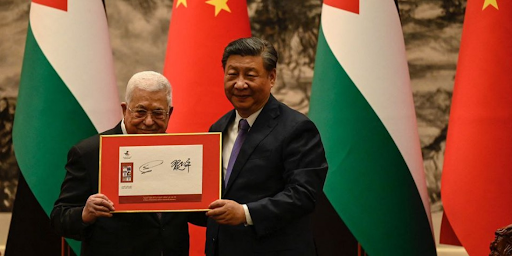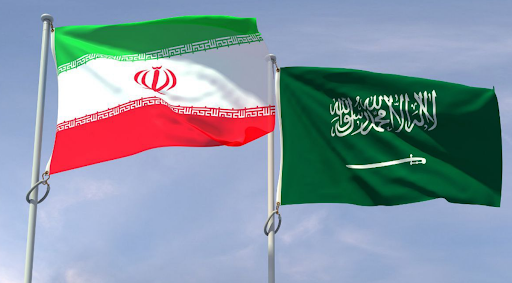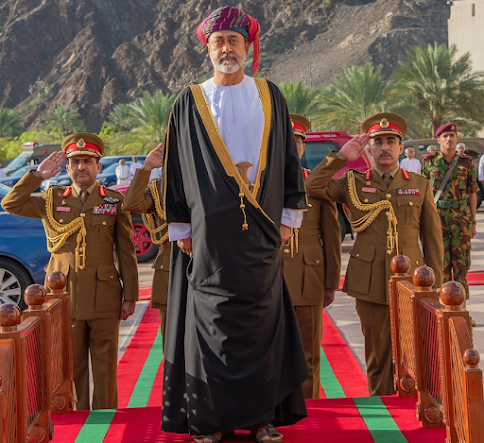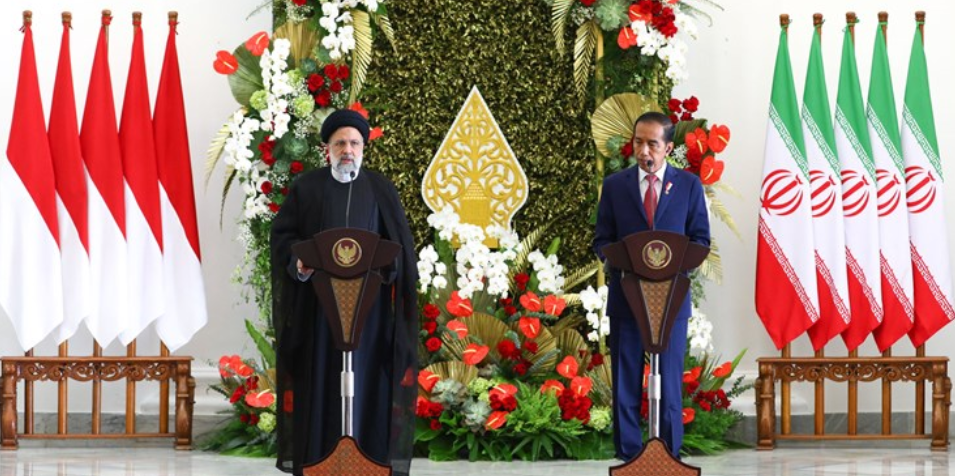
Chinese Foreign Minister: Relations with Washington are at their lowest level since 1979
Chinese Foreign Minister Chen Gang announced today, Sunday, that "relations between Beijing and Washington are at their lowest level since 1979" (the date of the start of diplomatic relations between them).
Gang told US Secretary of State Anthony Blinken that the Taiwan file represents "the most significant threat" to relations with Washington.
"The Taiwan issue is the core of China's core interests, and it is the most important issue in Sino-US relations and the most prominent threat to it," Gang added, according to what was reported by the official Chinese CCTV.
And the US State Department announced that the Chinese foreign minister had agreed to visit Washington, after holding "constructive talks" with his US counterpart, Anthony Blinken, in the capital, Beijing.
US State Department spokesman Matt Miller said that Blinken had extended an invitation to his Chinese counterpart and that they "agreed to set a date for the visit at a time convenient for both parties."
Earlier today, the Chinese Foreign Minister received his US counterpart in Beijing, amid escalating tensions between the two largest economies in the world, due to a number of issues, including Taiwan and the war in Ukraine.
The official Chinese news agency Xinhua reported that Blinken, who is the first representative of the United States at the ministerial level since the Biden administration took power in early 2021, will visit Beijing on June 18 and 19.
Blinken is spending two days in the Chinese capital as part of this visit, which was originally scheduled for February, but was suddenly canceled at the time after a Chinese balloon flew over American territory, which Washington considered to be for "espionage" purposes, while Beijing confirmed that it was a meteorological vehicle that deviated from its course.
Blinken's visit is the first by a US Secretary of State to China since a visit in October 2018 by his predecessor, Mike Pompeo, who later pursued a strategy of confrontation with Beijing in the last years of Donald Trump's presidency.
A few days ago, the US State Department reported that its secretary had made a phone call to his Chinese counterpart, during which he stressed the importance of maintaining "open lines of communication" to responsibly manage relations between the United States and the People's Republic of China to avoid miscalculation and conflict.
Earlier today, Chinese Foreign Ministry spokeswoman Hua Chunying responded to an article published by the US agency "Bloomberg", about alleged provocative activities by the Chinese army.
And the Chinese spokeswoman confirmed that "if a military conflict breaks out between the United States and China, it will be caused by the activities of the American army near Chinese territory."




































































